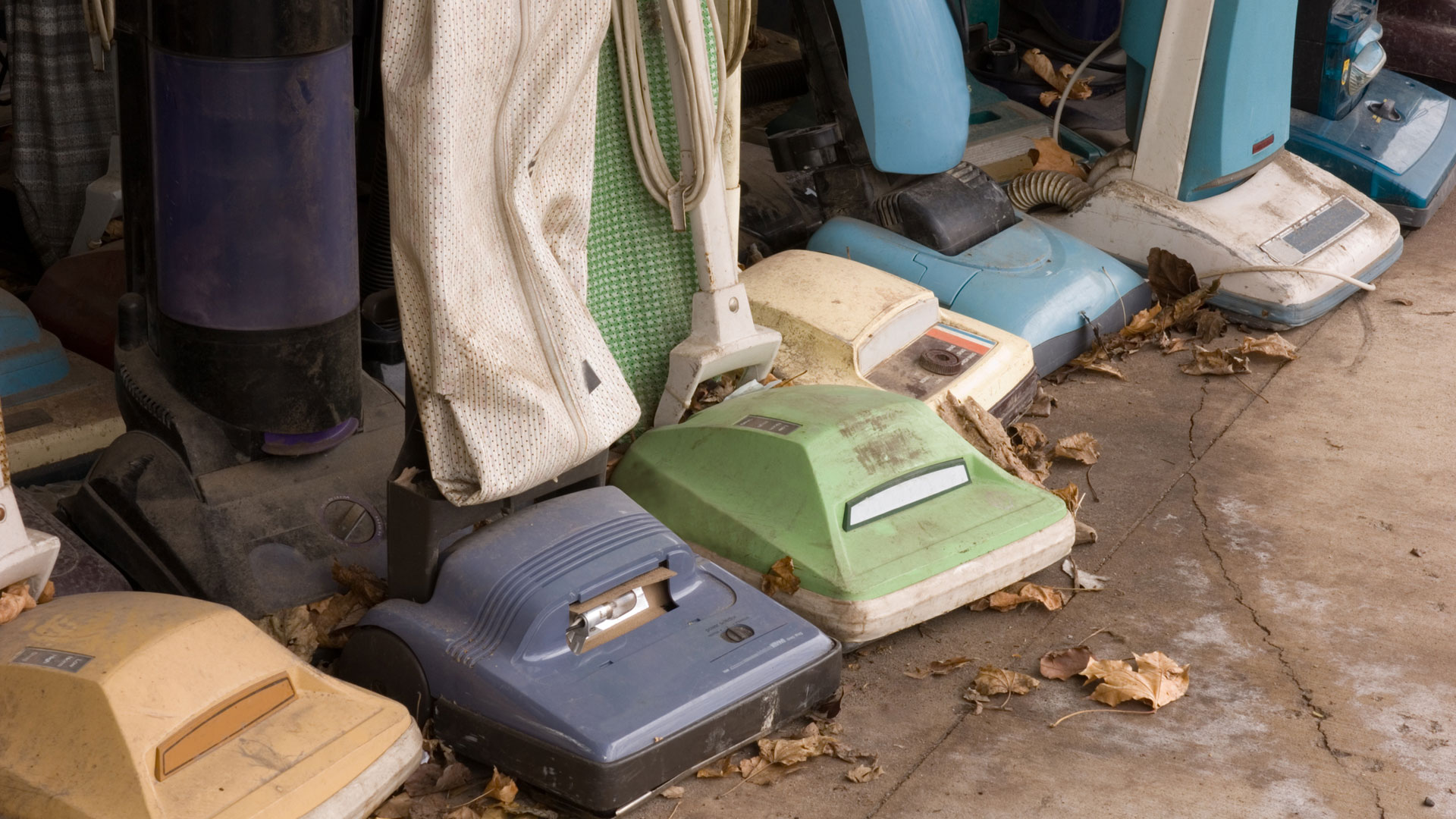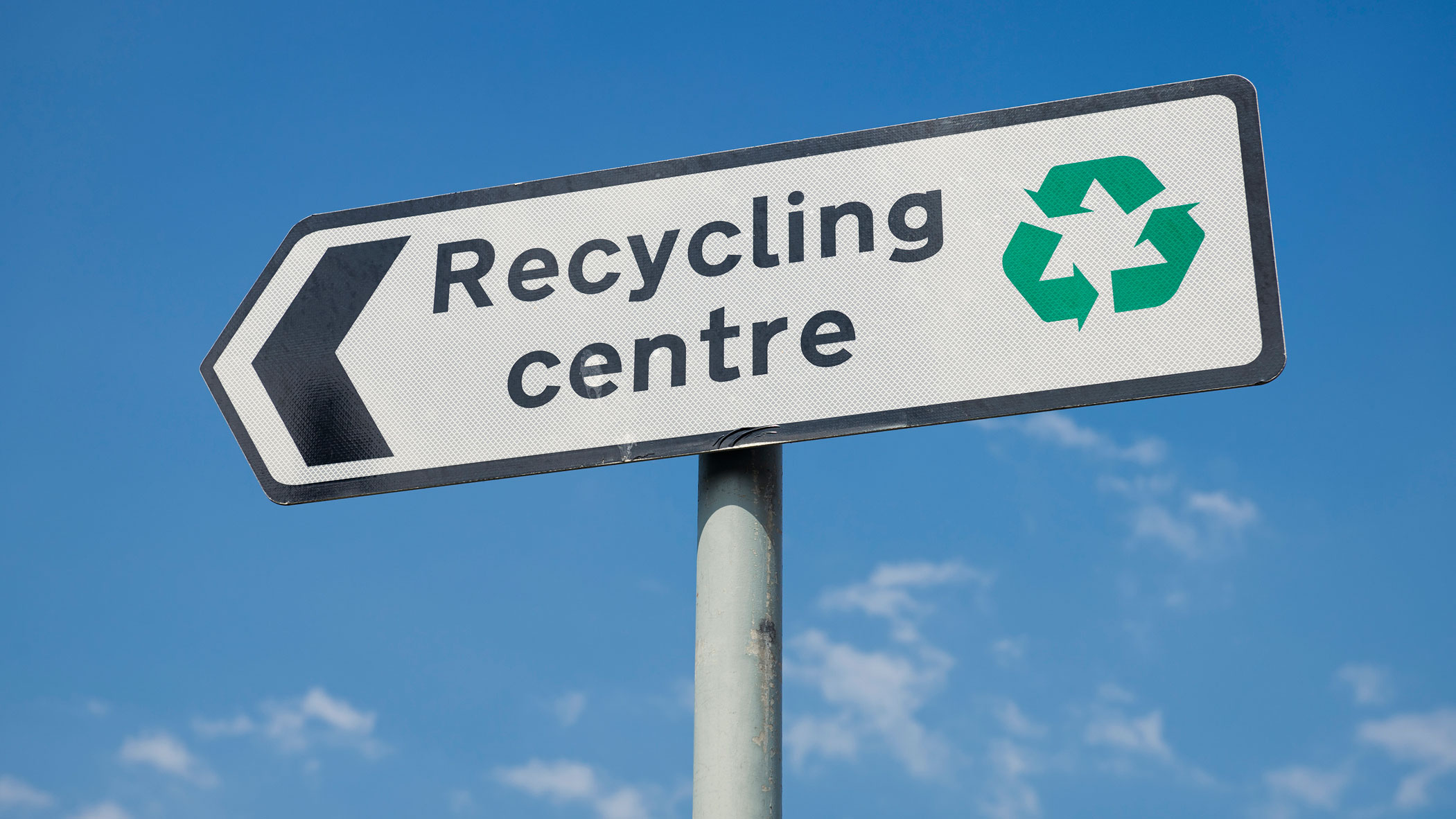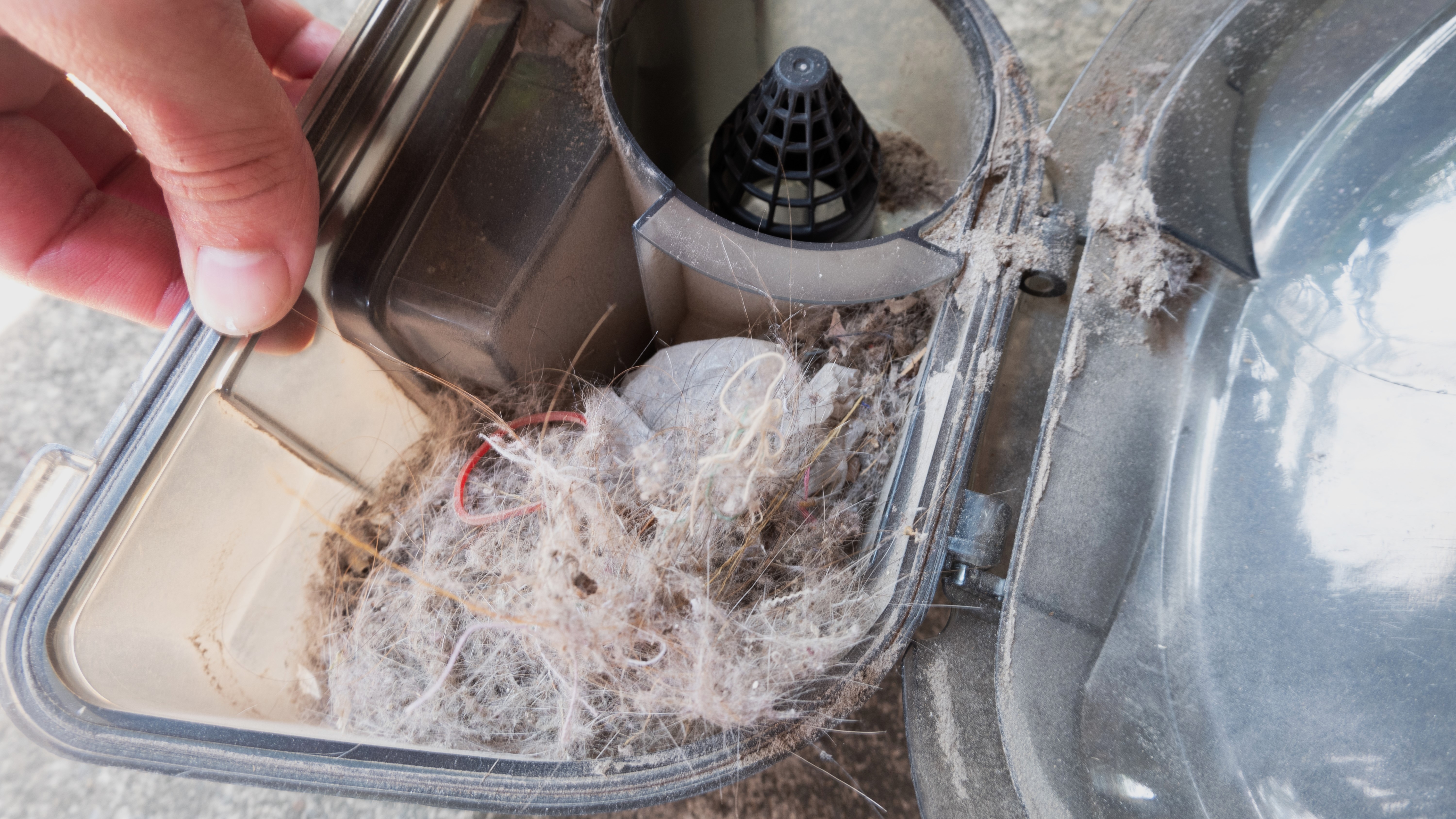
Knowing how to recycle a vacuum cleaner might not be high on your list of priorities, but sadly even the best vacuum cleaners eventually reach the end of their lifespan after years of faithful service. So when your trusty vacuum gives up the ghost, whether it's a traditional type or one of the best robot vacuums, you'll want to dispose of it in an environmentally responsible way.
This means that, with a little effort, you can ensure the various metals, plastics, and other materials in your vacuum cleaner get broken down and repurposed into new products… rather than taking up space in a landfill.
That said, recycling should always be a last resort. So when your vacuum cleaner starts losing suction power or acting up, don't automatically assume it needs replacing. For starters, see our guide to how to fix a vacuum cleaner with no suction. If that doesn't get results, thoroughly review the manufacturer's troubleshooting tips and repair guides, which you can usually find on its website.
Common issues like a clogged filter or detached belt can usually be easily fixed by ordering affordable replacement parts. For trickier problems such as a faulty motor, check your area for appliance repair shops that can revive your machine at a lower cost than buying new.
If your vacuum cleaner is truly beyond reasonable repair, though, it's time to explore recycling options. Before we get started, note that if you're using one of the best cordless vacuum cleaners, you'll first need to remove the battery.
Your options will vary depending on your location, so we'll first deal with how to dispose of a vacuum cleaner in the UK, before turning to the USA.
How to recycle a vacuum cleaner in the UK
In the United Kingdom, there are several convenient ways to responsibly dispose of a vacuum cleaner or other household electrical equipment.
Get daily insight, inspiration and deals in your inbox
Sign up for breaking news, reviews, opinion, top tech deals, and more.
1. Council recycling collections
Some local councils (but by no means all) will pick up an old vacuum cleaner from outside your home or designate special bins just for electronic items such as vacuum cleaners. Contact your council directly to enquire about their policies.
2. Household waste recycling centres

Most towns and cities have household waste recycling centres that accept appliances free of charge when you show proof of residency. Use a postal code search on RecycleNow.com to find your nearest centre that collects vacuum cleaners. You may have to book an appointment to drop off your items.
3. Retailer trade-ins
Major appliance and department stores such as Currys often have trade-in promotions, allowing you to responsibly dispose of your old vacuum cleaner when buying a new model from them, sometimes in exchange for a small credit.
4. Brand take-backs
Some vacuum cleaner brands such as Vax and Dyson offer mail-back or drop-off options for recycling their branded models through partnerships with vetted e-waste handlers.
How to recycle a vacuum cleaner in the USA
In the United States there are multiple ways to recycle a vacuum cleaner, whether it's broken or merely outdated.
1. Municipal e-waste programs
Most cities and towns organize regular e-waste collection events where you can drop off a range of electronic items including vacuums. An increasing number of municipalities are also establishing permanent e-waste drop-off centers that are open year-round. These can be standalone facilities or located at existing recycling centers, transfer stations or municipal lots.
For example, the City of San Francisco operates an e-waste recycling dropoff open six days a week. New York City, meanwhile, has several e-waste drop-off sites managed by the Department of Sanitation.
2. Retail trade-in events
Major retailers such as Best Buy, Eufy, Lowe's and Home Depot offer trade-in promotions where you can bring old appliances such as vacuum cleaners into stores for recycling when buying new ones.
3. Mail-back services
A number of companies specialise in mail-back recycling services specifically for vacuums and other appliances or electronics. You purchase a shipping box and printed label from them online, and then pack up and mail your vacuum cleaner to one of their certified recyclers. They typically have weight limits for the boxes and provide instructions on properly packaging the vacuum cleaner to prevent damage during transport.
4. Scrapyard recycling
Many scrapyards in the USA offer an eco-friendly option for recycling your old vacuum cleaner. This typically involves dismantling the vacuum, and separating recyclable materials such as metals to prevent them from ending up in landfill. Depending on the weight and type of metal, you might even receive a small cash payment. Note, though, that scrapyards tend to be most interested in metals, and may dispose of the plastics without recycling them.
No matter which recycling option you choose, the key is ensuring your old vacuum cleaner is processed by a reputable recycler that follows responsible practices. This guarantees hazardous materials like mercury and lead are properly handled, while reusable components are separated out and recycled into new products.
How to boost your vacuum cleaner's lifespan
While all vacuums must eventually be retired and recycled, you can help maximise your machine's lifespan before that day comes through proper care and maintenance.
- Check and replace the filters regularly
- Clear the hoses and attachments of clogs and debris build-up
- Replace the bags when they get full
- Store the vacuum properly to avoid damage or dirt buildup

By taking good care of your vacuum cleaner and exploring all potential repair options first, you can get the fullest value out of it before responsibly recycling becomes your only option. A little preventative maintenance goes a long way.
Tom May is a freelance writer and editor specialising in tech, design and sleep products. Over the years he's tested a number of mattresses, duvets and pillows, and as a back pain sufferer, has a keen interest in finding ones that offer maximum support. Plus, in running a successful Airbnb business, sleep hygiene and providing the right bedding for guests has become a big part of his day-to-day life. He is author of Great TED Talks: Creativity, published by Pavilion Books.
